Welcome to ARIIA First Nations Hub
Aboriginal and Torres Strait Islander people should be aware that this website contains images, voices and names of deceased persons.
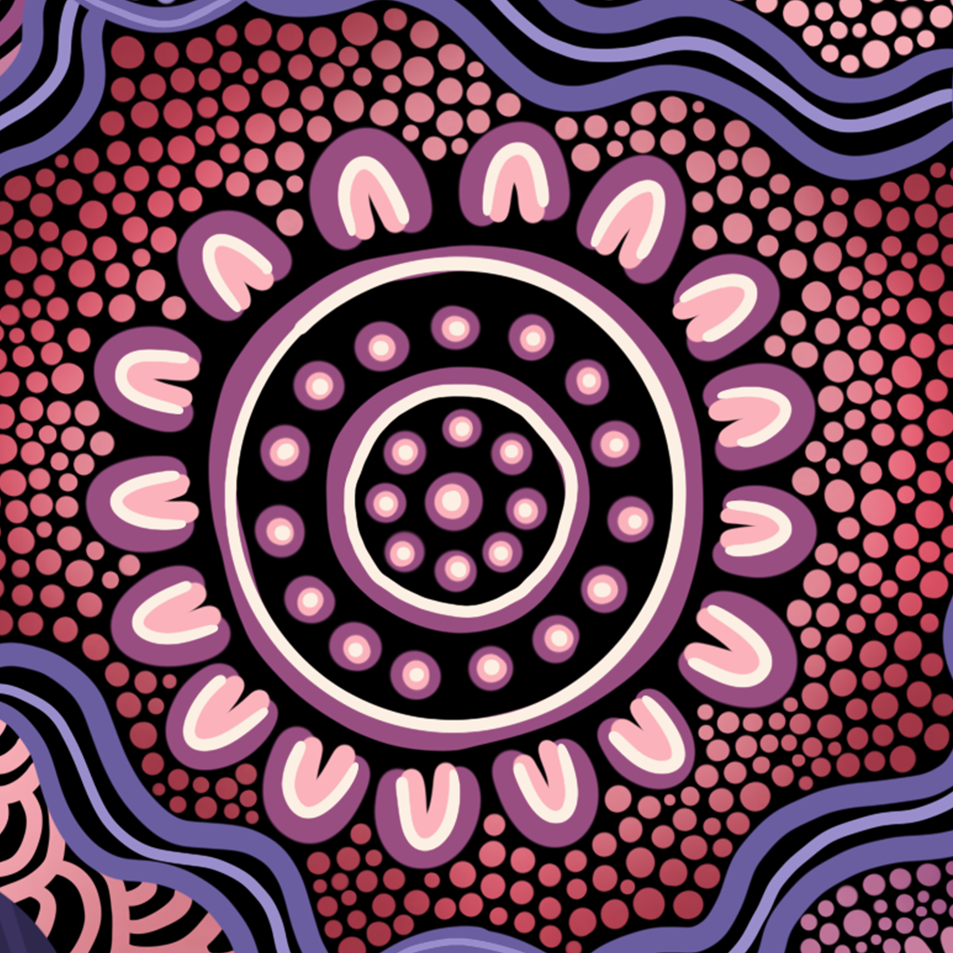
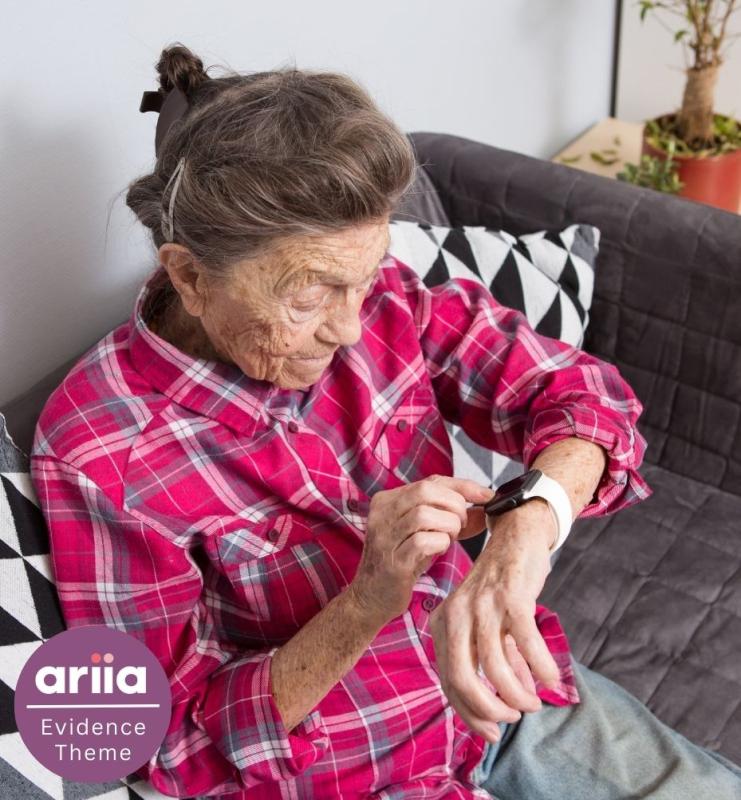
Assistive technologies for people with dementia range can bring benefits such as allowing people with dementia to maintain their involvement in activities while keeping safe. This resource from ARIIA is a short easy-to-read summary of the research evidence.
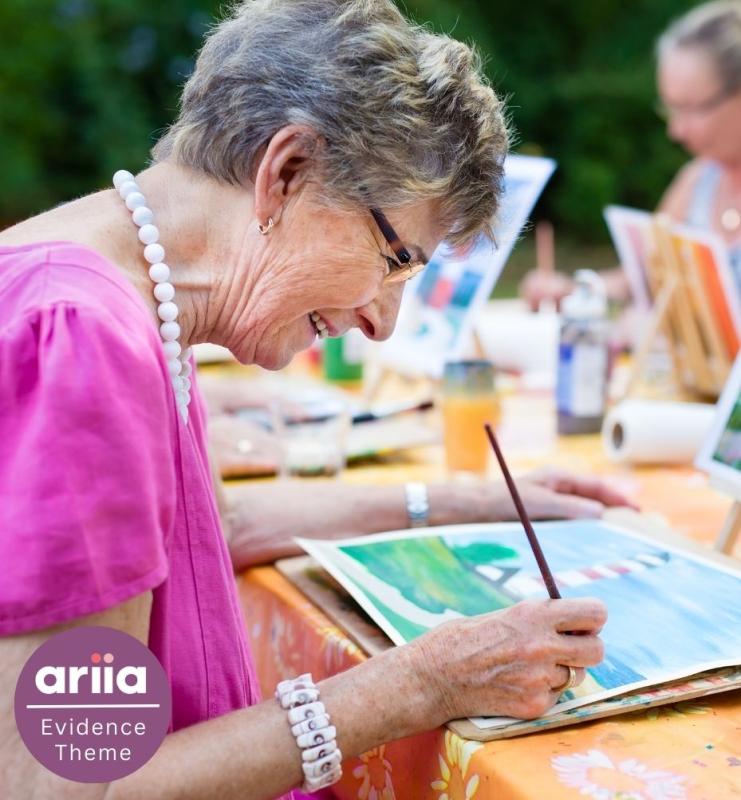
Arts-based interventions use creative methods of expression to help people with dementia communicate and connect socially with others and reduce feelings of isolation and depression. This resource from ARIIA is a short easy-to-read summary of the research evidence.

Aromatherapy is a popular therapy that is thought to reduce pain and anxiety. Although it does not appear to cause any harm, the evidence remains inconclusive on its ability to reduce responsive behaviours in people living with dementia. This resource from ARIIA is a short easy-to-read summary of the research evidence.

The person-centred process of advance care planning allows a person living with dementia to express their preferences and goals for future healthcare to their families and care providers. This resource from ARIIA is a short easy-to-read summary of the research evidence.

Anthropologist and passionate musician, Dr Simone Marino, described the Co-musichiamo project in aged care, which explores the co-creation of songs and the relevance of music, migration life-storytelling, and first language to support the cultural identity and wellbeing of people from culturally and linguistically diverse backgrounds living with dementia.
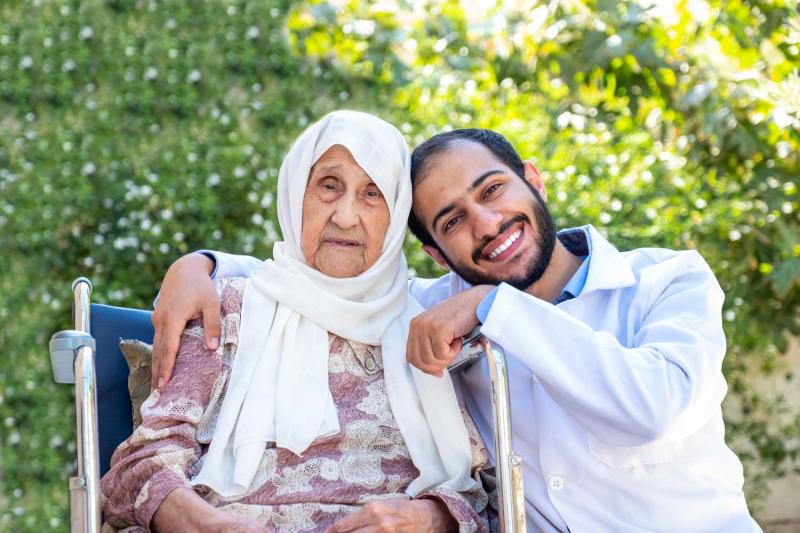
GENIE is an online repository of national and international evidence-based dementia resources in 68-plus languages. Developed by the National Ageing Research Institute (NARI) and codesigned with providers and culturally and linguistically diverse (CALD) carers and service providers.
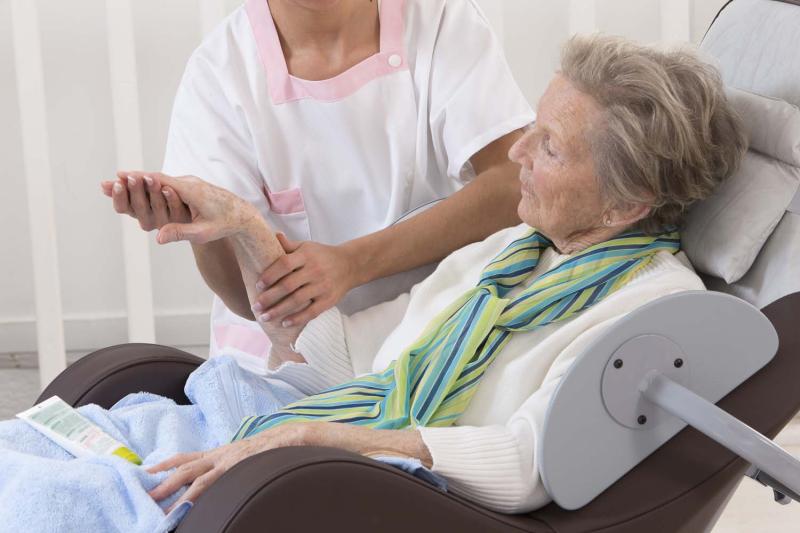
The PowerPoint slides accompanying the Namaste Care Train the Trainer session guides. Written by Dr Sara Karacsony (2021) from School of Nursing, College of Health and Medicine, University of Tasmania .
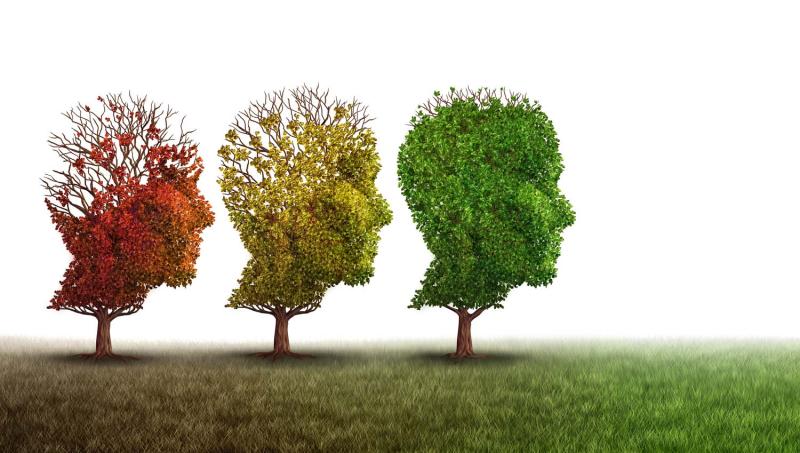
An educative PowerPoint presentation on the likely trajectory of dementia and the purpose and benefits of a palliative approach in the latter stages. Includes a case study and reflective questions. Written by Dr Melissa Abela of the Wicking Dementia Research and Education Centre, University of Tasmania (2021).
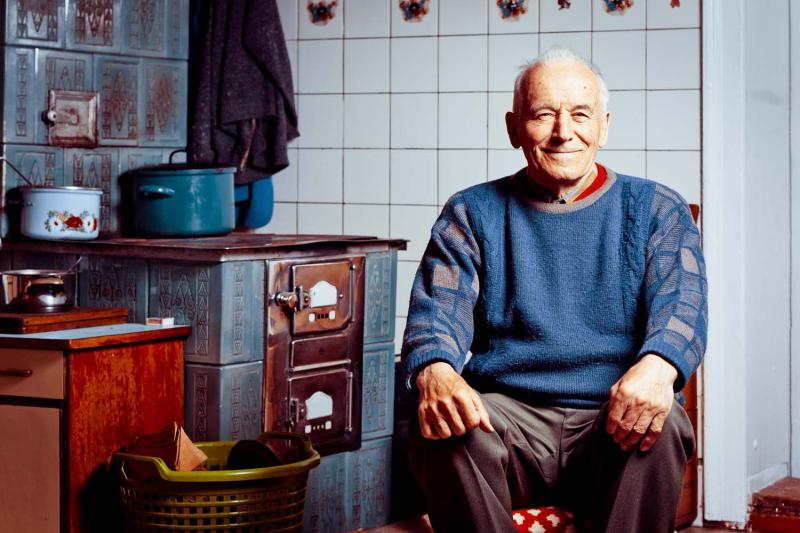
This webpage from the Victorian Government Department of Health provides information about behavioural and psychological symptoms of dementia, including reassuring and reducing triggers, wandering, sundowning, anxiety or agitation, aggression, hallucinations or false ideas, disinhibited behaviour, and pharmacological treatment.
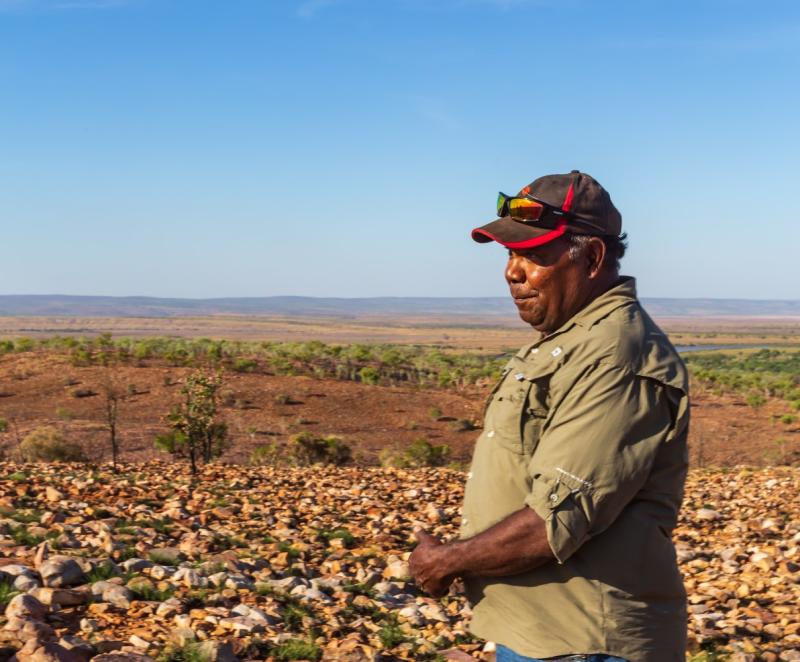
These two videos about telehealth from the University of Queensland are an educational resource for health professionals and people with dementia and their families.